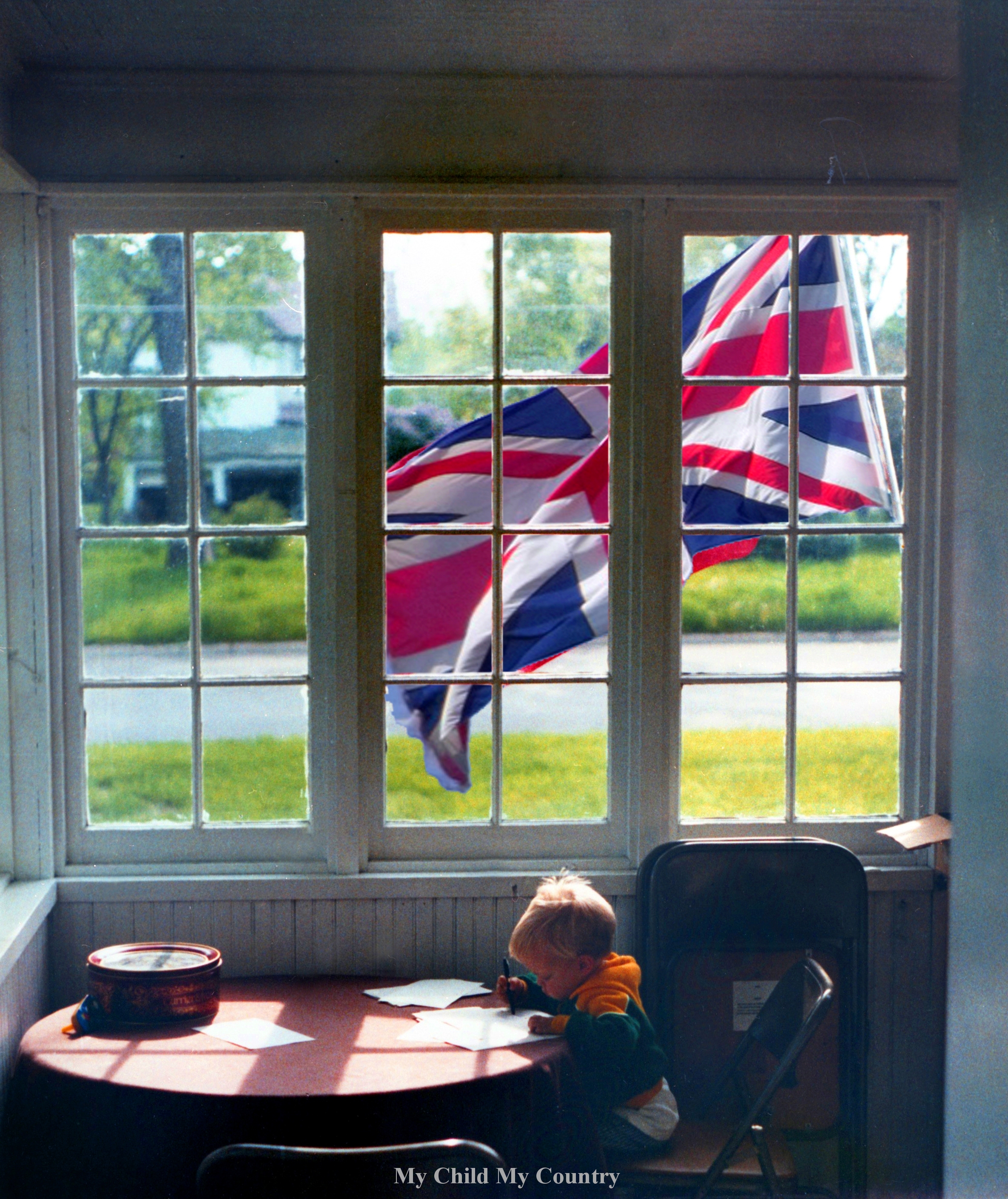Apartheid evolved from the Colonial System that was prevalent throughout the world. The fear of the majority by the minority has always created abuse of power. The spotlight on South Africa this week because of the death of Nelson Mandela, has brought the World to its feet, honoring one of the great men of our time.
Under Apartheid, blacks were denied the right to citizenship and the right to vote. Blacks were moved into reservations, much like Native Americans in the 1800’s. Blacks could not have businesses or own land in white areas, which comprised of much of the country. Sexual relations or interracial marriage between blacks and whites was banned. Racial segregation was enforced in public areas as well as trains, buses, parks, schools and hospitals. To enforce Apartheid, the government often resorted to police brutality, imprisonment, assassination of political leaders, and the murder of African National Congress (ANC) members.
The United States had a complicated relationship with the white South African government. Because South Africa was anti-communist the United States overlooked Apartheid and counted South Africa as a friend and ally against communism. This was the case until the Anti-Apartheid Act of 1986, introduced by a coalition of Democrats and Republicans. President Reagan vetoed the act, but was overridden by this coalition. Protesters against Apartheid in South Africa were being savagely attacked by the police and military. Two thousand protesters were killed and 30,000 were detained as political prisoners. America looked on in horror as protesters were attacked with whips, chains, dogs, and tanks. It reminded Americans of the civil rights protests and the often violent reaction by police in Selma, Alabama in the 1960’s. Not all Americans, agreed with the anti-apartheid act. Senator Jesse Helms (R-NC), Strom Thurmond (R-SC), and Representative Dick Chaney (R-Wy0) denounced Nelson Mandela as a terrorist and argued against his release. The new law triggered a massive disinvestment Worldwide against South Africa. Loans were not renewed, exports declined, and along with capital flight, the Rand devalued at an alarming rate. In 1989, Prime Minister Botha resigned and his successor F.W. de Klerk announced in his initial address to the nation, an end to the ban of the ANC, freedom of the press, and the release of all political prisoners. Nelson Mandela walked out of prison the next day, after enduring 27 years as a political prisoner. Four years later Mandela was elected the first black and democratically elected President of South Africa. The United States, its protesters, and in its bold approach, contributed to the freedom of millions of people with the passage of the Anti-Apartheid Act of 1986. Published each Wednesday at least.




